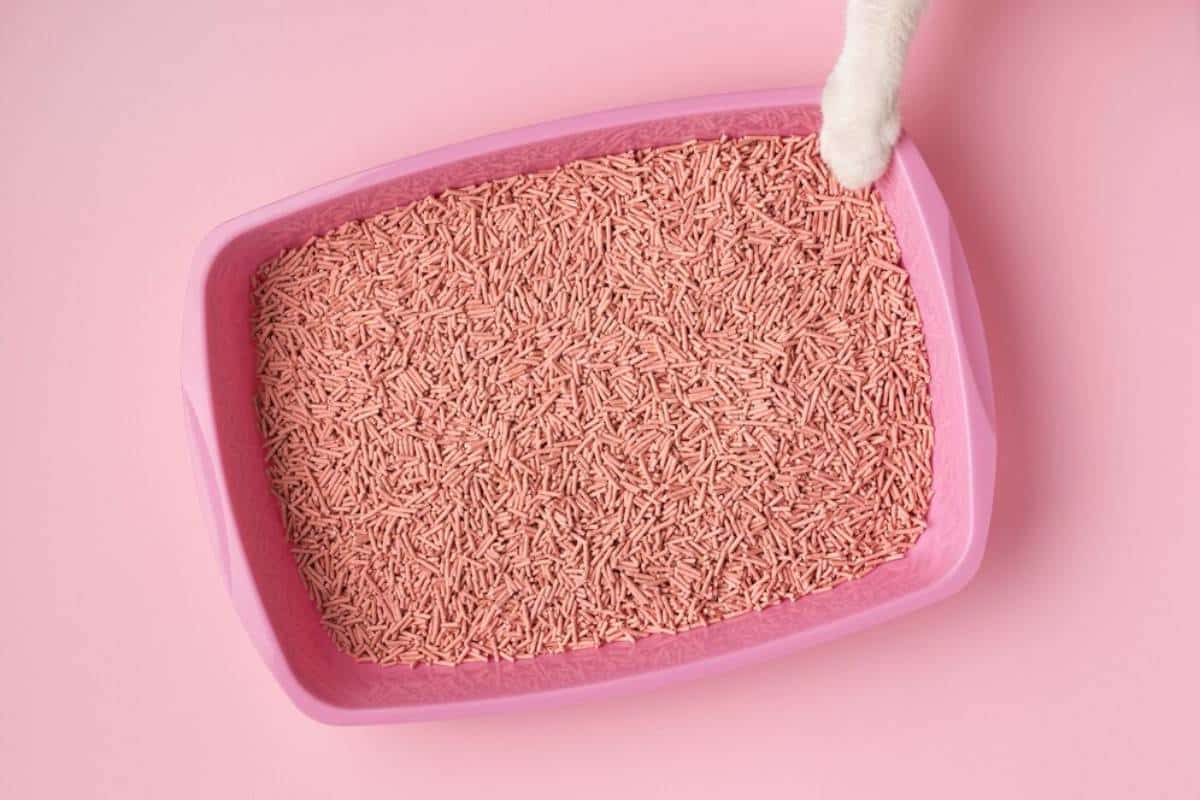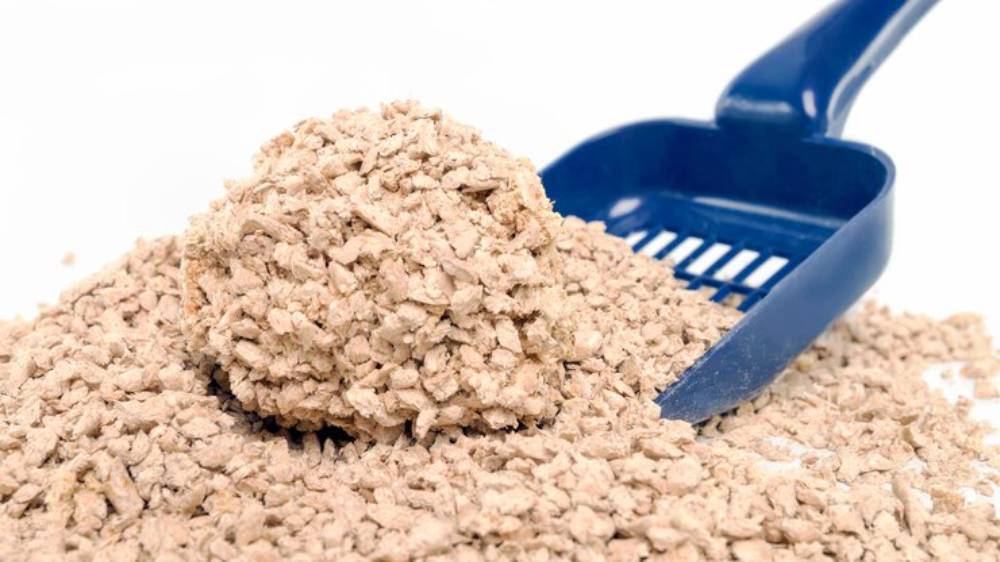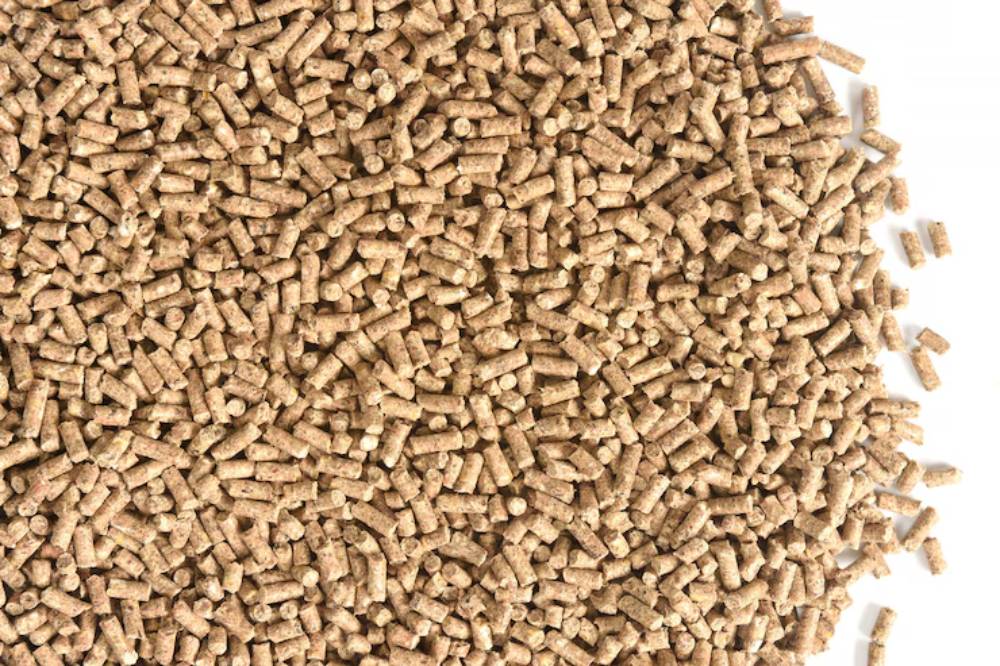
Scented vs. Unscented Litter: Pros and Cons
Choosing the right cat litter may seem small, but it can make all the difference in your cat’s comfort, health, and hygiene. One of cat owners’ biggest questions is whether to go for scented or unscented cat litter. Each has its fans and drawbacks, and the best choice often depends on your cat’s preferences as much as yours. In this guide, we explore the pros and cons of both options to help you make an informed decision.
Why Cat Litter Choice Matters
When it comes to litter, it isn’t just about smell control or ease of cleaning. The wrong litter type can lead to litter box avoidance, increased stress, or even respiratory issues, especially for sensitive cats.
You’re not just choosing for yourself but for your cat. And every cat is different.
Understanding Scented Cat Litter
Scented cat litter masks odours with fragrances like lavender, citrus, or even baby powder. The goal? Make your home smell fresh, even when your cat’s just used the litter tray.
Pros of Scented Cat Litter
- Odour masking: Helps cover up the smell of urine and faeces between cleanings.
- Aromatherapy benefit (for humans): Many owners appreciate the pleasant scent lingering around the litter area.
- Readily available: Scented varieties are common and offered by most major litter brands.
Cons of Scented Cat Litter
- Can deter sensitive cats: Some cats dislike strong smells and may avoid the litter box.
- Respiratory concerns: Fragrances can irritate the respiratory systems of both cats and humans, especially in enclosed spaces.
- Masking not neutralising: Scented litters often cover smells rather than eliminate them, making deep-cleaning more critical.
A cat owner switched to a lavender-scented litter only to find their previously well-trained tabby refusing to use the tray. The vet suggested switching back to unscented, and the problem vanished.
What is Unscented Cat Litter?
As the name suggests, unscented cat litter contains no added perfumes. Instead, it relies on natural odour-control ingredients like activated charcoal or baking soda to keep smells in check.
Pros of Unscented Cat Litter
- Cat-friendly: Less likely to offend your cat’s sensitive nose.
- Fewer allergens: Reduces the risk of allergic reactions or breathing problems.
- Natural odour control: Neutralises odours rather than masking them.
Cons of Unscented Cat Litter
- Odour control may be weaker, especially if not scooped regularly.
- Less pleasant for human noses: Some owners prefer a subtle scent to counterbalance natural litter box smells.
Tip: According to the ASPCA, cats have 14 times our sense of smell. What smells fresh to us may be overwhelming to them.
Comparing Litter Types: Clumping, Non-Clumping, and Materials

While scent is essential, it’s not the only factor. Clumping vs. non-clumping and litter material type can influence performance and cat acceptance.
Clumping vs. Non-Clumping
- Clumping litter forms solid masses for easier scooping and better odour control.
- Non-clumping litter absorbs moisture but may require more frequent changing.
Common Litter Materials
- Clay (most popular): Often scented, great at absorbing, but dusty.
- Silica crystals: Excellent odour control, usually unscented.
- Natural options (corn, wood, paper): Eco-friendly, generally unscented, biodegradable.
When deciding on scent, consider texture and dust level, especially if your cat has allergies or asthma.
Choosing Based on Your Cat’s Preferences
Cats are notoriously picky, and what works for one may be rejected entirely by another. Here are some ways to find what your cat prefers:
Observe Behaviour
- Does your cat dig happily or seem hesitant?
- Is your cat suddenly toileting outside the box?
Try a Gradual Transition
Introduce a new litter slowly by mixing it with the old type over a week. This avoids sudden rejection.
Offer a Choice
Set up two litter boxes: one scented and one unscented. Let your cat decide, their behaviour will guide you.
Case Study: One household with three cats discovered each preferred a different litter type. A multi-box system saved them from daily clean-up chaos and unwanted accidents.
Special Considerations: Health and Household
Beyond preference, health factors and household dynamics significantly affect litter choice.
For Sensitive Cats
- Opt for unscented, low-dust litter.
- Natural, hypoallergenic formulas may reduce respiratory irritation.
Multi-Cat Homes
- Odour control becomes more crucial. Scented litters can help, but may backfire if any cat dislikes the smell.
- Consider multiple litter boxes with different options to accommodate all cats.
Human Sensitivities
- If anyone in the home has asthma, allergies, or scent-triggered migraines, unscented litter is the safer bet.
Environmental Impact of Litter Types

Another growing concern for cat owners is environmental responsibility. Most scented clay-based litters are not biodegradable and come in plastic packaging.
Eco-Friendly Unscented Options
- Recycled paper pellets
- Wood chips or shavings
- Corn- or wheat-based litters
Many of these are naturally unscented and break down harmlessly in a landfill or compost (when disposed of correctly).
Quick Tip: Always check packaging to confirm if a product is truly biodegradable or compostable — greenwashing is common.
Practical Tips for Managing Litter Box Odour
No matter what litter you choose, good maintenance is essential.
Best Practices:
- Scoop daily, especially with clumping litter.
- Clean the box weekly with warm water and mild soap.
- Avoid strong detergents that leave residue.
- Replace all litter every 1–2 weeks, depending on the type.
Additions:
- Activated charcoal filters for the lid or box area.
- Baking soda boosts odour control (only if your cat doesn’t mind).
What’s Best — Scented or Unscented?
Ultimately, the best cat litter depends on your cat’s comfort, home environment, and values.
Choose scented cat litter if:
- You prioritise odour masking
- Your cat shows no aversion
- You have a large home with good airflow
Choose unscented cat litter if:
- Your cat is sensitive or easily put off
- Someone in your home has allergies
- You want a more natural or eco-conscious option
Choosing the Right Litter for You and Your Cat
When finding the right litter, trial and error is normal—even necessary. Listen to your cat, observe its habits, and don’t be afraid to change things.
Have you found the perfect litter combo? Share your experience in the comments or pass this guide to a fellow cat parent.


